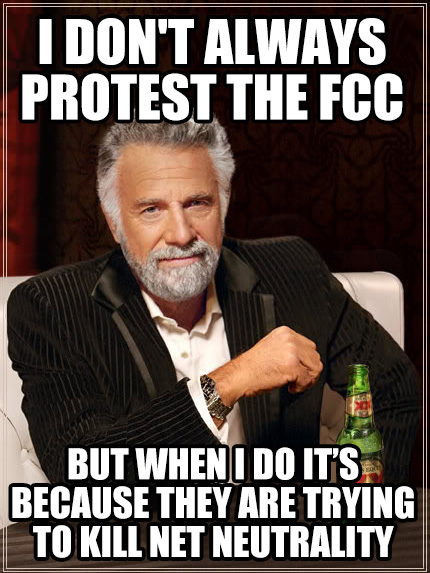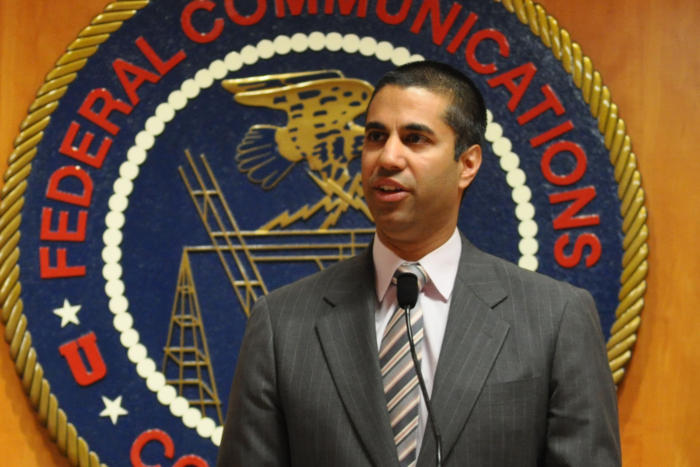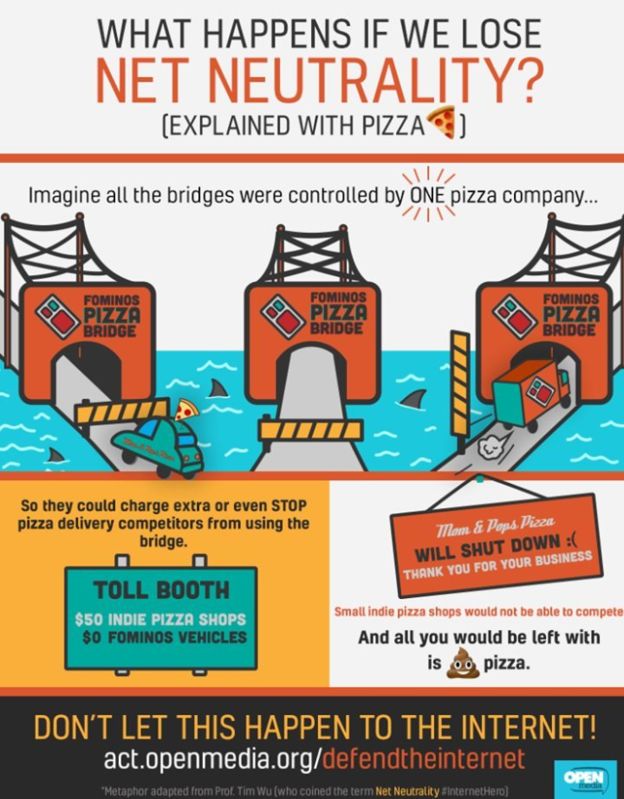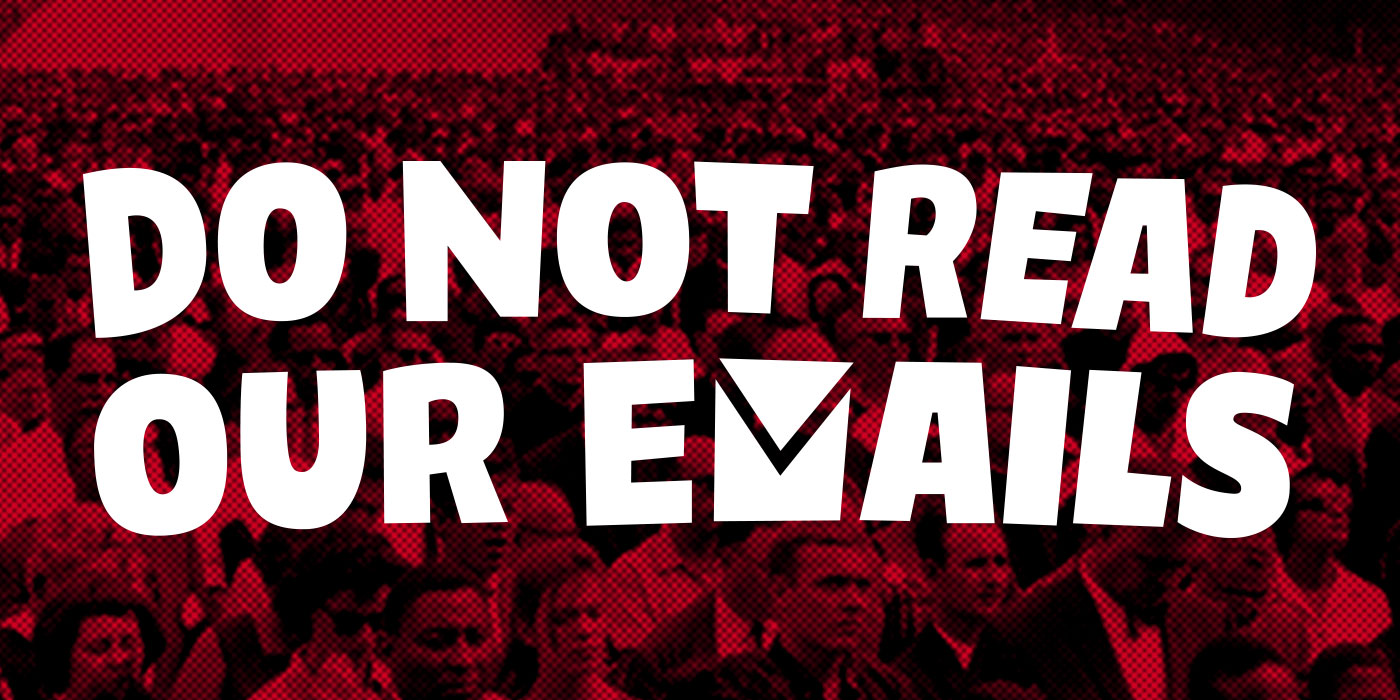
What is Net Neutrality?

Do you believe in freedom of speech? Most likely, yes.
Do you believe that people should have access to information online? Again, most likely, yes.
Would you want to be charged extra money for a service that you have already paid for, like video streaming? Nope, nobody would.
Do you think websites should be charged a fee to have the ability to reach an audience? Most likely, no.
If you answered those questions like I did, you want net neutrality.
Sadly, the current United States Government administration abolished net neutrality laws last April for the country with the third most active internet users on the planet.
But wait, what is net neutrality?

via Merriam Webster
Essentially, net neutrality is the principle of having free speech on the internet. The United States Government had regulations on it through “Title II” of the Communications Act.
With net neutrality, Internet service providers (ISPs) like Comcast, Verizon or AT&T cannot discriminate web content.
Additionally, nobody can pay for better connection speed, and everyone is on the same level – from the smallest startup to Google. It promotes innovation and gives people the freedom to access what they want.
Without net neutrality, ISPs have all the power and can control what you see. Under the current lack of regulation, ISPs could slow down, block websites, or charge apps and websites extra fees to reach an audience. Large companies can pass along the extra charges to consumers, while smaller companies will have to bear the cost – which will then inhibit their ability to grow.
1. ISPs could ask for additional fees from consumers to access content. For example, if net neutrality was abolished then AT&T could ask for an additional fee for you to access Netflix, even though you already paid for the service. They would charge Netflix because it is a high bandwidth usage website. It costs the ISPs more to transmit high-bandwidth websites.
2. They could slow other internet services down intentionally, which could discourage user engagement. ISPs would be able to stronghold the content providers by asking for a fee to speed up connections to their audience. Sites like Netflix with a large audience will pass that cost on to the consumer.
However, those that are anti-net neutrality say that less governmental control on the internet has its benefits.
1. ISPs argue that if they are allowed to charge big companies like Microsoft and Google more money for faster connection to their websites, it could spend that money on upgrading their network and providing more reliable and widespread services. The argument is based on the apparent status quo that ISPs do not have the extra money to innovate their service.
The counterargument is that there is no way to mandate that ISPs spend the extra profit on innovation. Since the regulation would be cut, they could do what they want and not innovate at all.
2. Age-restricted content, such as porn, is too easy to access. If ISPs could block these websites from certain audiences, then the problem would be solved. Additionally, if ISPs could block peer to peer sharing websites, they could prevent piracy.
Although this is good in principle, it also counters the entire freedom of speech argument that many people value. Again, if regulation is cut then who can ensure that the ISPs do not block any website that is not beneficial to them?
3. ISPs argue that if they are allowed to charge websites that use higher bandwidth – like Netflix – they will be able to provide free access to websites like Facebook or Wikipedia – that do not use as much bandwidth – for free, even to those with no internet plan.
Despite being good in principle, this could heavily affect businesses like Netflix. If Netflix passes the cost on to the consumer, then fewer consumers will use the service. Even if they handle the cost internally, it would still lead to a loss of profits. The loss of profits will prevent websites like Netflix from growing.
What is currently happening with net neutrality?

Ajit Pai, FCC
Last March, The Trump Administration’s Federal Communications Commission (FCC) voted to dismantle the new net neutrality rules that were implemented in 2015 by the Obama Administration’s FCC.
Ajit Pai, the current chairman of the FCC, is very pro-business and ISP. He previously worked as General Counsel for Verizon, one of the biggest ISPs. Pai’s argues that less regulation would lead to more investment in network infrastructure growth, such as internet connectivity to rural areas.
The argument made by many ISPs is that just because they are against the Title II regulations, doesn’t mean they are against net neutrality. The argument is that regulations are too strict.
However, if that is the case would no regulations be the solution? That is what dismantling Title II did.
The best business minds know that to innovate, we need some restrictions.
Day of Action – Internet-wide day of action to save net neutrality
On July 12, 170 companies – including big names like Amazon, Netflix, and Spotify – are coming together to protect net neutrality by posting warning messages, like the one below, on their webpages:

Join the protest here: https://www.battleforthenet.com/july12/
How does this relate to your privacy?
Title II mandated ISPs to ask for user permission before using your private information, such as email addresses, for advertising purposes. The discrepancy is that for non-ISP companies like Google, the privacy rules are a recommendation rather than a mandate.
Now that Title II was voted out, companies may be free to use your private information for monetary gains, like before 2015.
For example, under the 2015 regulations, ISPs like Verizon or AT&T would need to ask users for permission to use their private information so they could, in turn, sell it to third parties for advertisements. However, Google and Facebook, who advertise heavily, were not under the same strict obligation.
What can we do?

First and foremost, educate yourself. This is just a basic article. If you have time, I encourage you to watch comedian John Oliver’s coverage of the Net Neutrality Debate.
In addition, continue to call your local Congressman to fight for your net neutrality rights.


